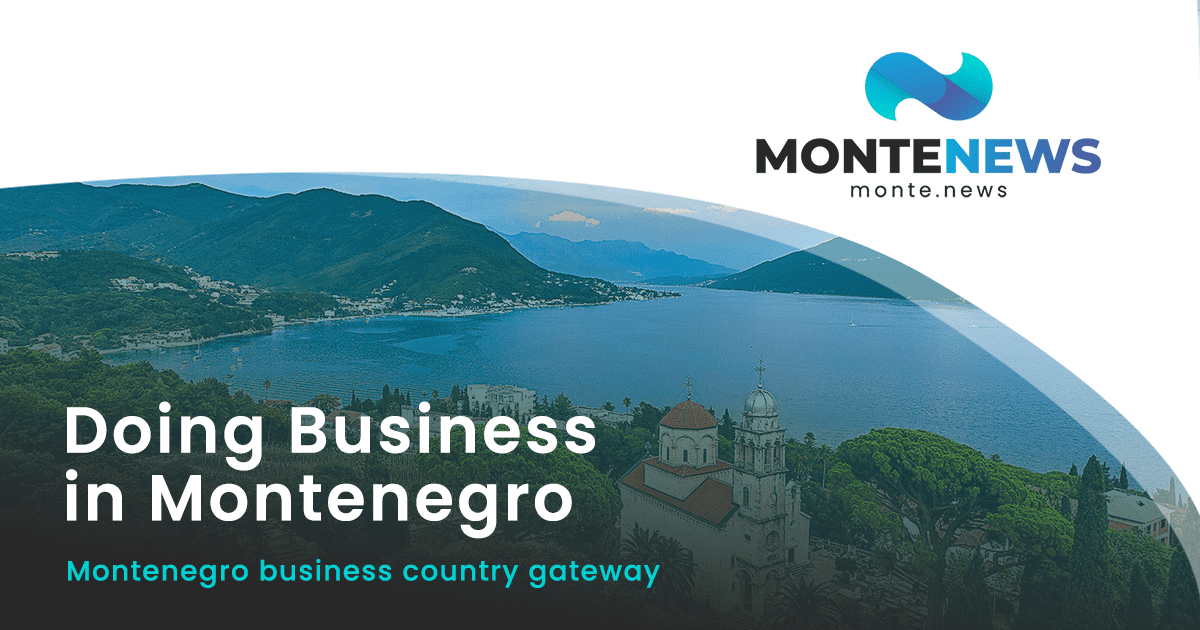
Montenegro’s main businesses
Montenegro, a small but strategically located country in Southeast Europe, has a diverse economy shaped by its natural resources, historical industries, and growing modern sectors. Despite its size, Montenegro’s main businesses are integral to its economic stability and development.
1. Tourism
Tourism is the cornerstone of Montenegro’s economy, accounting for a significant portion of its GDP. Known for its stunning Adriatic coastline, historic towns like Kotor and Budva, and scenic mountain ranges, the country attracts millions of visitors annually. Luxury resorts, boutique hotels, and eco-tourism ventures have blossomed, particularly along the Bay of Kotor and in areas like Durmitor National Park. Investments in marinas, such as Porto Montenegro in Tivat, have bolstered the high-end tourism segment.
2. Energy Production
Montenegro is rich in hydropower potential due to its mountainous terrain and numerous rivers. Hydroelectric plants are the primary source of electricity, with facilities like the Perucica and Piva power plants contributing substantially. The country is also exploring renewable energy, including wind and solar, as part of its commitment to sustainable development. Montenegro’s strategic position makes it a key player in regional energy distribution.
3. Agriculture and Food Production
Although small-scale, agriculture plays a vital role in Montenegro’s economy. The country is known for producing high-quality wine, olives, and cheese. Montenegro’s fertile valleys and Mediterranean climate favor vineyards, particularly around Lake Skadar. Additionally, organic farming and traditional food products like Njeguški pršut (cured ham) are growing in popularity both domestically and internationally.
4. Real Estate and Construction
The real estate and construction sectors have experienced significant growth, driven by tourism and foreign investments. Coastal properties are highly sought after by international buyers, particularly from Russia, the EU, and the Middle East. Luxury developments, including residential complexes, hotels, and infrastructure projects, have boosted the economy.
5. Shipping and Maritime Industry
With its access to the Adriatic Sea, Montenegro has a long maritime tradition. Ports like Bar serve as vital hubs for international trade and transport. The maritime sector also includes ship repair and maintenance services. Yachting and private chartering are expanding, catering to the high-net-worth individuals who frequent the coast.
6. Banking and Financial Services
Montenegro’s financial sector is relatively small but stable, with several domestic and international banks operating in the country. The use of the euro as its official currency, despite not being an EU member, has provided monetary stability. The banking sector supports foreign investments and the growth of small and medium-sized enterprises (SMEs).
7. Information Technology (IT) and Startups
The IT sector is emerging as a promising industry in Montenegro. Young entrepreneurs and tech enthusiasts are fostering a vibrant startup culture. Initiatives to improve digital infrastructure and attract foreign tech companies are underway, supported by government policies and EU integration goals.
8. Mining and Natural Resources
Montenegro has a long history of mining, particularly for bauxite and coal. The mining industry has diminished in recent years but still contributes to the economy. Efforts are being made to modernize the sector and improve environmental standards.
9. Manufacturing
The manufacturing sector in Montenegro is relatively small but diverse, including food processing, textiles, and construction materials. Local brands focus on exporting niche products, especially traditional Montenegrin foods and beverages.
Conclusion
Montenegro’s economy is diverse, with tourism, energy, and agriculture leading the way. Emerging sectors like IT and financial services hold promise for future growth, supported by ongoing reforms and foreign investments. While challenges remain, Montenegro’s strategic location and natural resources offer significant opportunities for sustainable development.



Leave a Reply